|
I'm delighted to join these talented speakers at the Georgia Writers Museum Writers Retreat 2023! I'll be sharing everything you need to know about editing and how to find the right editor for you and your work. Hope to see you there!
An Ode to Grandpa’s Two-toned ’78 Ford F-150 |
AuthorMari Ann Stefanelli Archives
February 2023
Categories
All
|
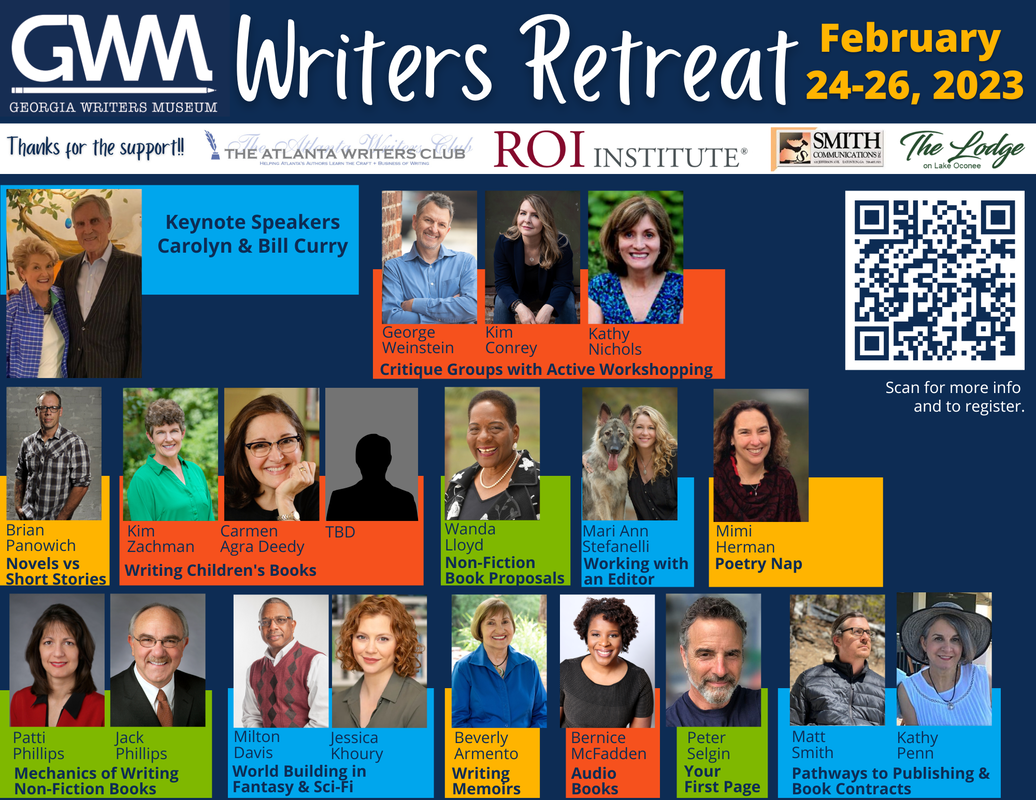
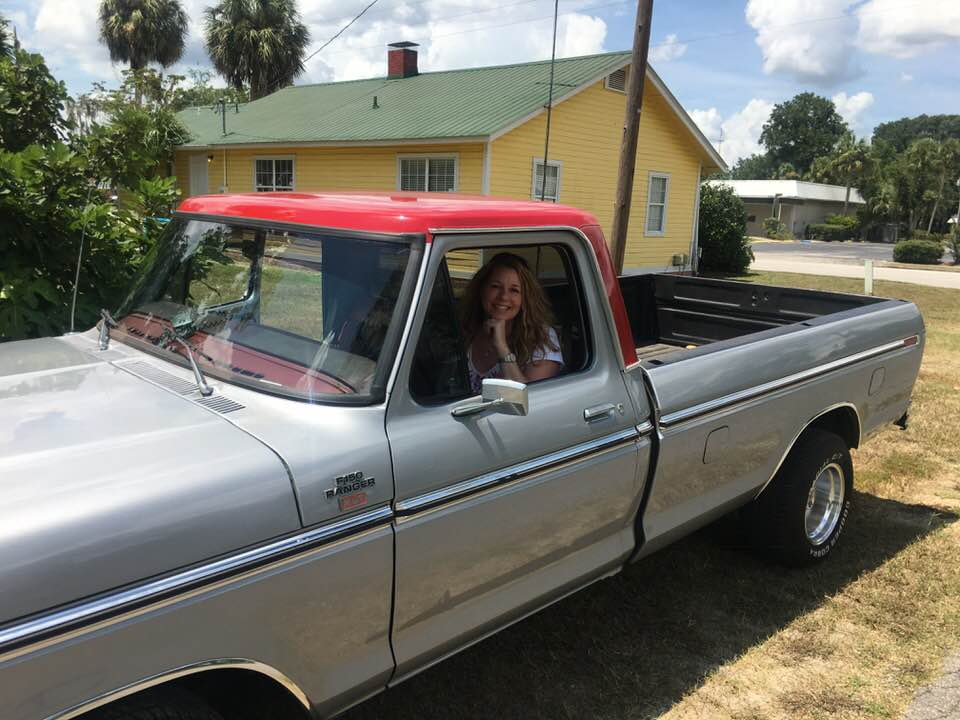
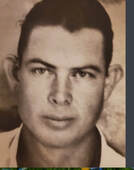
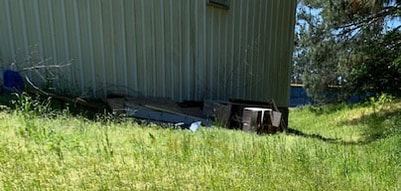

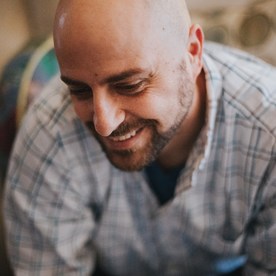

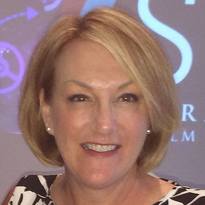
 RSS Feed
RSS Feed